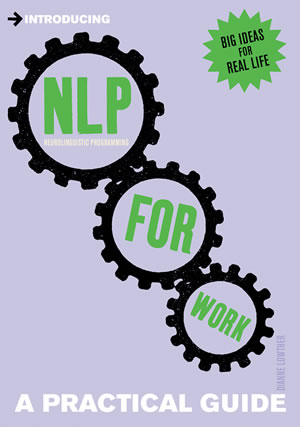The Right Mindset. The Right Attitude. The Right Approach. Most successful business people and entrepreneurs agree that how you think is a crucial factor in whether your business is a fantastic money-making, self-esteem-boosting, headline-worthy success or an embarrassing, money-draining and demoralising failure.
What there is less agreement about, however, is what constitutes the Right Mindset.
Some people think that a positive attitude is the most important thing. I agree with that up to a point. But if a positive attitude means a Pollyanna-style ‘isn’t everything wonderful’ approach to life, then I don’t agree that it will contribute to your success.
If a positive attitude is recognising that even though there is a problem, there will also be a solution, then you’re closer to being on my wavelength.
If a positive attitude is a purposeful attitude, I think we might be in business.
A purposeful attitude means that you know what you want to achieve. It means that you have goals and plans. It means that you are committed to timescales and deadlines.
Having a purposeful attitude means that even if you feel tired, demoralised or demotivated, even if you’re low in confidence, creativity or cash, you can still get on and do something.
The real art of a successful mindset is not about always being upbeat, positive and confident. The real art is in continuing to get things done even when you don’t feel upbeat, positive or confident.
It’s the determined focus on fulfilling your promises, on meeting your deadlines and using your capabilities regardless of how you feel today. As human beings, we are emotional beings. Emotions come and go, moods change and motivation fluctuates.
Today, ask yourself this: What tasks can I do even when I feel like s***? What progress can I make even when I feel like giving up? What can I do to remind myself that feeling good isn’t a pre-requisite condition for success?





